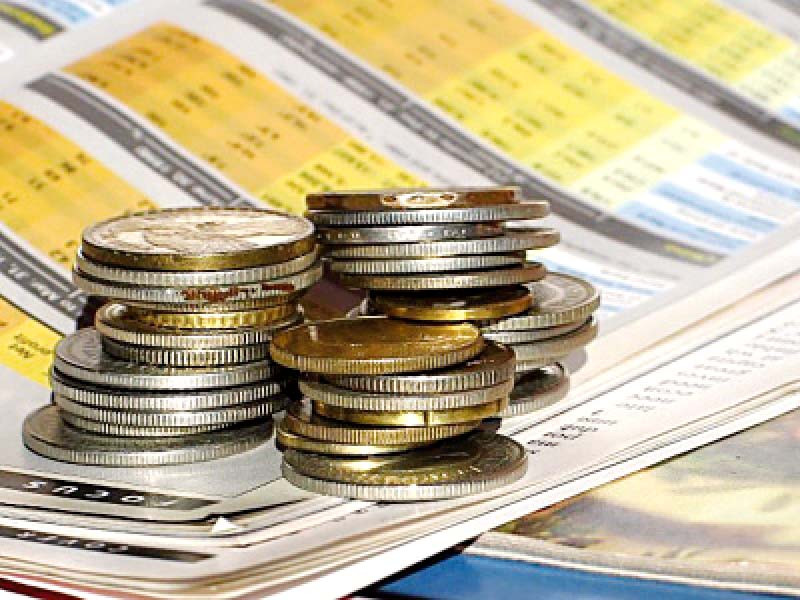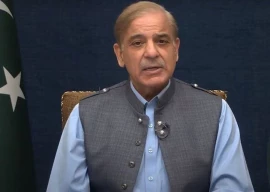
The yearly inflation hit a new high of 38.42% for the week that ended on February 16, as the trend of the hike in the prices of essential commodities carried on in the country.
The Pakistan Bureau of Statistics (PBS) figures released on Friday showed that the Sensitive Price Index (SPI), used to measure short-term inflation, had hiked to 38.42% on a year-on-year (YoY) basis in the outgoing week.
On a weekly basis, the SPI increased by 2.89% in comparison with the rise of 0.17% in the previous one.
In the previous week, the SPI inflation on a yearly basis was recorded at 34.83%.
The increase in the prices is attributed to the hike in fuel prices announced by the government.
This, in turn, caused the prices of essential items to jack up.
The SPI is used to gauge the prices of 51 essential items based on a survey of 50 markets in 17 cities in the country.
During the outgoing week, the prices of 34 items increased, five reduced and 12 remained unchanged.
The rising prices affected the group with a monthly income from Rs29,518 to Rs44,175 the most with an inflation impact of 39.65%.
A weekly rise was seen in the prices of petrol by 8.82%, five litres of cooking oil by 8.65%, one kg of ghee by 8.02%, chicken meat by 7.49%, and diesel by 6.49%.
A week-on-week (WoW) decline was seen in the price of tomatoes by 14.27%.
This was followed by a reduction in the price of onions by 13.48% on a weekly basis.
Similarly, the price of eggs went down by 4.24%, garlic by 2.1%, and flour by 0.1% on a WoW basis.
The highest YoY basis increase was witnessed in the price of onions that went up by 433.44%.
Read Inflation could average 33% in 2023: Moody’s economist
This was followed by chicken meat, the price of which jacked up by 101.86% on a yearly basis.
Diesel became expensive by 81.36%, eggs by 81.22%, and rice irri-6/9 by 74.12% on a YoY basis.
The items the prices of which reduced on a YoY basis included tomatoes by 65.3% and chili powder by 7.42%.
According to the statistics of the week under review, the inflation rate for the group with income of up to Rs17,732 per month on an annual basis was 35.01%
For the group with income from Rs17,733 to Rs22,888 per month, the inflation rate stood at 36.53%.
Similarly, the group having income from Rs22,889 to Rs29,517 per month, the inflation came to 38.43%
For those having an income from Rs29,518 to Rs44,175 per month, the inflation rate was 39.65% -- the highest in terms of impact.
The rate of inflation has been 39.41% for the group having a monthly income of more than Rs44,176.
Katrina Ell, a senior economist with Moody’s Analytics, has said inflation in Pakistan could average 33% in the first half of 2023 before trending lower.
She added that a bailout from the International Monetary Fund (IMF) alone was unlikely to put the country's economy back on track.
“What the [Pakistan’s] economy really needs is persistent and sound economic management,” the senior economist said in an interview on Wednesday.
(With input from agencies)







1726732405-0/Express-Tribune-Web-(15)1726732405-0-270x192.webp)










COMMENTS
Comments are moderated and generally will be posted if they are on-topic and not abusive.
For more information, please see our Comments FAQ